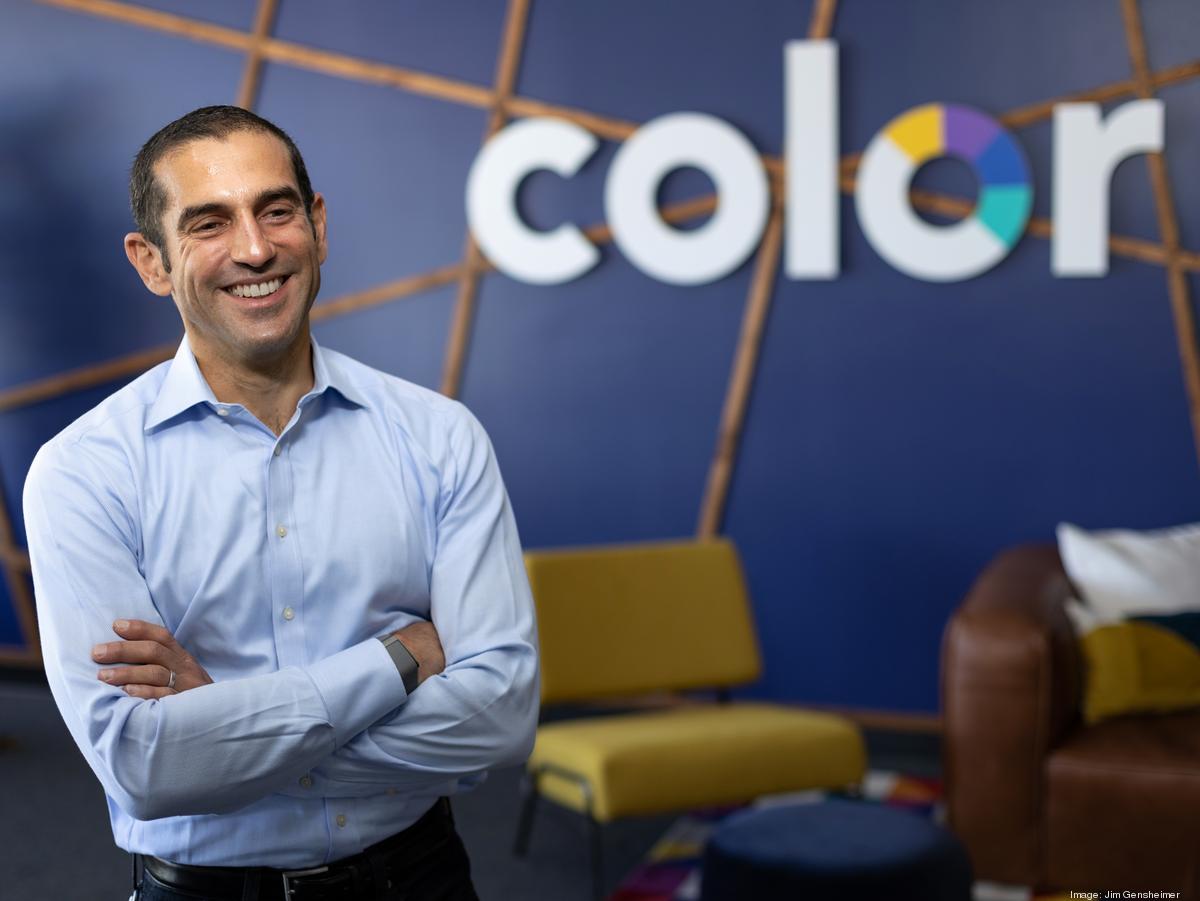While artificial intelligence (AI) is often associated with automating routine tasks, its potential extends far beyond mundane applications, particularly in healthcare. AI’s ability to process vast amounts of data instantaneously promises a new era of medical innovation and patient care, especially for complex diseases like cancer.
“Most generative AI applications today focus on alleviating administrative burdens in healthcare—processing payments, bookkeeping, and transcribing clinical notes,” said Othman Laraki, co-founder and CEO of Color Health.
However, Laraki’s vision for AI goes beyond these functions. “Instead of automating low-skill tasks to save costs, we partnered with OpenAI to address areas requiring significant medical expertise, which is often scarce and costly, like cancer,” he explained. “We decided to go deep in areas where we could have substantial leverage.”
The collaboration between Color Health and OpenAI aims to accelerate access to cancer treatment by utilizing the capabilities of GPT-4 to enhance cancer care.
Enhancing Clinician Expertise with AI
Cancer is the second leading cause of death in the United States and a major driver of healthcare costs. Color Health’s partnership with OpenAI targets two critical areas: risk-adjusted screening and pre-treatment workup. The goal is to enhance clinician expertise and efficiency rather than merely automating administrative tasks.
One impactful use of AI in oncology is improving risk-adjusted screening. Many individuals with high-risk factors, such as genetics, family history, or lifestyle choices, do not receive appropriate screening. AI can ensure that established risk-adjusted guidelines are applied more consistently and accurately.
“The majority of people who should be getting risk-adjusted screening guidelines don’t today,” Laraki noted. Early diagnosis is crucial in cancer treatment, significantly improving survival rates and reducing costs. By using AI to identify and monitor high-risk individuals, healthcare providers can detect cancers at an earlier, more treatable stage.
Beyond diagnosis, the period between cancer detection and treatment initiation is often fraught with delays. “One of the obstacles to starting treatment, especially as treatments become more complex, is the workup required before an oncologist can initiate treatment,” Laraki said.
AI can streamline this process by expediting the pre-treatment workup. By the time a patient meets their oncologist, AI can ensure that all necessary tests and preparations are completed, allowing treatment to commence promptly. This not only improves patient outcomes but also optimizes healthcare resources.
AI and Healthcare: A Revolutionary Partnership
The integration of AI into cancer screening and diagnosis represents a significant leap forward in oncology, enhancing the capabilities of clinicians rather than replacing them. AI can process vast amounts of patient data, extract relevant information, and apply complex guidelines with precision, enabling clinicians to make more informed decisions quickly. AI acts as a co-pilot, providing comprehensive analyses and recommendations while leaving the final decisions to human clinicians.
“It is about leveraging AI to amplify existing expertise, which is very scarce,” Laraki said. “The clinician is always the driver here.”
Integrating AI into cancer care requires not just technological advancements but also a cultural shift. Historically, cancer has been seen as an unavoidable, costly burden. However, there is a growing recognition that proactive measures, driven by AI and other technologies, can significantly impact outcomes.
“There’s no silver bullet. Cancer is such a vast area that it requires an integrated set of solutions across different relevant aspects,” Laraki explained. He emphasized that many challenges are not “science problems” but “immediacy, logistics, and integration” problems.
For example, AI-driven systems can track and remind patients and healthcare providers of necessary follow-ups, addressing gaps in care for conditions like colorectal cancer. AI can also facilitate better coordination among healthcare providers, reducing delays and improving the overall patient experience. By integrating various stages of cancer care, from education and screening to diagnosis and treatment, AI can help create a more cohesive and efficient healthcare system.




